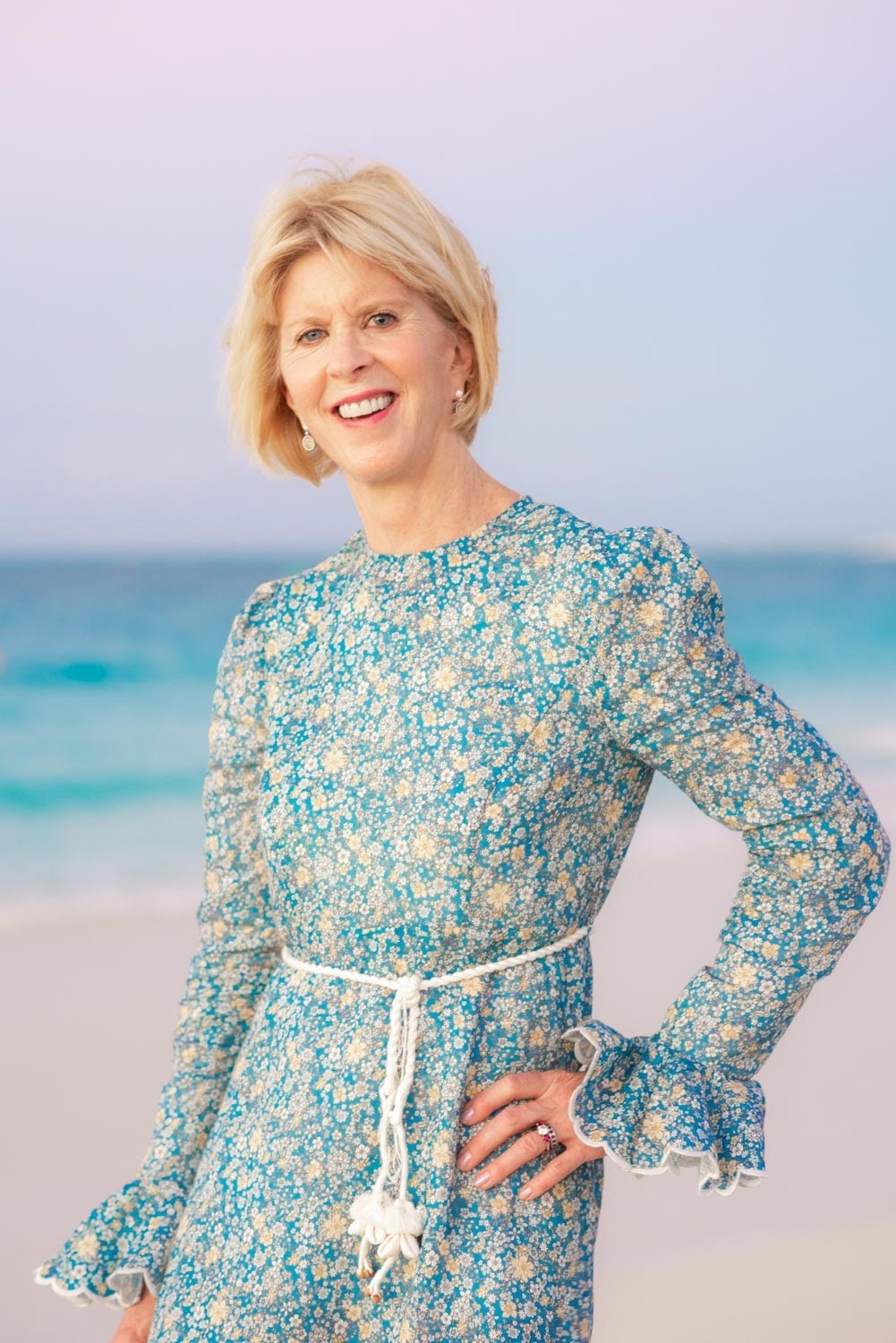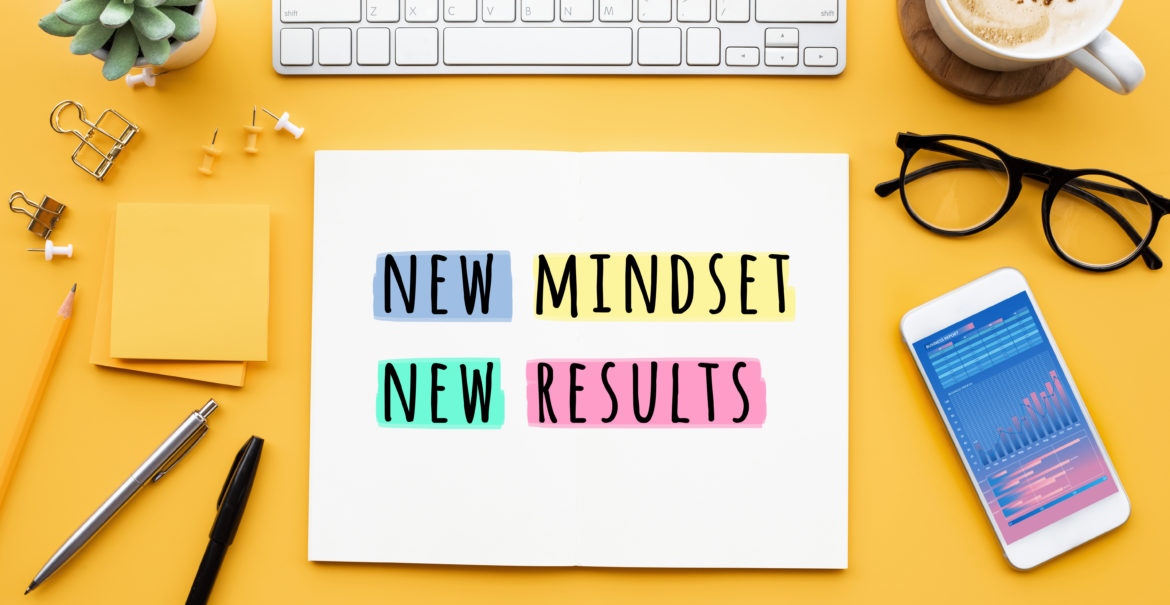
Stephanie Coughlan is the Founder & President of Image Intelligence, which she created in 2018 with the mission of using her style expertise and marketing background, honed over 25 years in the fashion and design industry, to help clients of all ages rise up the corporate ladder and own their self-confidence by curating personal brands that mirror their life accomplishments and goals.
Here is what Stephanie had to say when we asked her about professional presence:
GenHERation®: You have worked in fashion, design, and media, and now you are the Founder of your second company. What is the one skill that has allowed you to succeed in all of these different roles?
Stephanie Coughlan: Making people feel important, which enables them to trust you. You get people to trust you by being a good listener. Being a good listener helps you be more prepared for your clients and makes you very resourceful. This is how people learn to trust and rely on you, and become close to you. This all drives a positive relationship and further success.
GenHERation®: Why is personal style important when it comes to achieving your goals?
Coughlan: Like it or not, the image we present to the outside world is the first and often most powerful area of judgment at work, at home, and in society. Personal style gives you the opportunity to be memorable and believable. Relationships are built on someone wanting to do business with you because they like you or you have a commonality. If you are comfortable in what you are wearing and how you feel, you often exude joy. That’s infectious and people want to work with you!
GenHERation®: What are the three most important elements of professional presence?
Coughlan: First and foremost, professional presence is having a sense of image integrity when you walk into a room, give a presentation, or interact with people. The most important elements that make up professional presence are color, fit, and communication. With color, you should wear colors that match your features. For instance, if you have a light skin tone, you could wear rosier tones that work well with lighter skin. Pink tones or a contrasting color to your fair skin like blue also work. Additionally, by figuring out your body type and the best shape for you, you will look polished and professional. You never want to look as if your clothes are “wearing” you. For fit, you want to wear clothes that obviously fit you. You don’t want to wear clothes that are too small or big. You should also avoid wearing clothes that are wrinkled or have stains on them—this can make you look unprofessional. Lastly, when it comes to communication, speak in a way that people can understand you with diction and emotion. Speak confidently to show that you belong to be in the room. Image Integrity is when your style, fit, and color are all in sync.
GenHERation®: What are your best tips for making a great first impression?
Coughlan: A good first impression is formed in less than 10 seconds and lasts up to six months. It takes six exposures to change a bad first impression. The best way to make a great first impression is by exuding joy. When you meet someone, be happy and confident—this makes someone want to get to know you. Additionally, you can make a good first impression by preparing what you want to wear ahead of time. Pink is a warm, friendly color. Magenta is a deeper color of the same wave, but it means compassion and harmony. A darker color projects a more serious tone. If you wear a straight line, you appear more authoritative, while a pattern makes you seem approachable. Before you meet someone for the first time, think about what you want to accomplish and dress accordingly.
GenHERation®: How can you start to build your wardrobe as a young professional?
Coughlan: I think every young professional should have a capsule collection. This consists of seven to 10 pieces, including a couple pairs of trousers, blouses, a few patterned pieces, and accessories that you can mix and match together. To begin building your collection, look in your closet and take inventory of what you already own. Then, think about the color of your hair, skin, and eyes, and purchase needed pieces that complement these colors. Focus on colors that bring joy to your face, so you have energy. J. Crew, Zara, H&M, and Bandier are great places to find pieces for your wardrobe. Most importantly, remember that you don’t have to wear expensive clothes to have a great wardrobe.
GenHERation®: What is the most important lesson you have learned throughout your career journey?
Coughlan: The most important lesson I learned, that still guides me today, is that relationships are the key to success—they are everything. Nurturing important business relationships is a lifelong skill that requires face-to-face interaction, trust, believability, and a willingness to work hard at nurturing these important relationships. Having a mentor, who is not a family member, is a very meaningful relationship that may help you make important decisions along the way and connect you to people who will help you succeed.
GenHERation®: What advice would you give to your younger self?
Coughlan: I wish someone told me it was okay I didn’t figure out what I wanted to do right away. Failure is valuable, so fall down and get back up. You might not do as well at one thing, but you’ll learn it’s not your thing and then find out what is your thing. You can have two jobs in three years. Jump around and explore without feeling ashamed. Going to work should not make your feel miserable. You can work and be happy!
Stephanie Coughlan founded Image Intelligence in 2018 with the mission of using her style expertise and marketing background, honed over 25 years in the fashion and design industry, to help clients of all ages rise up the corporate ladder and own their self-confidence by curating personal brands that mirror their life accomplishments and goals. Prior to founding Image Intelligence, Stephanie spent time in executive roles at Glamour, SELF Magazine, House & Garden, and Hearst UK, and ran Responsible Media from 1999 to 2016, where she represented media brands including Vogue, The New Yorker, Architectural Digest, SELF, and GQ. During her time representing Vogue, women often approached her for style advice to increase their influence in the workplace, and thus Stephanie recognized the need for professional guidance dedicated to enhancing personal style as a step to achieving life goals. Stephanie’s core values of integrity, generosity, and community building carry over to her personal life where she is a founding member of the Stifel Paralysis Research Foundation Fall Ball—a foundation which has been her family’s life’s work—and serves on the boards of multiple non-profits, including the National Charity League and Big Sisters of Boston.



Comments (0)